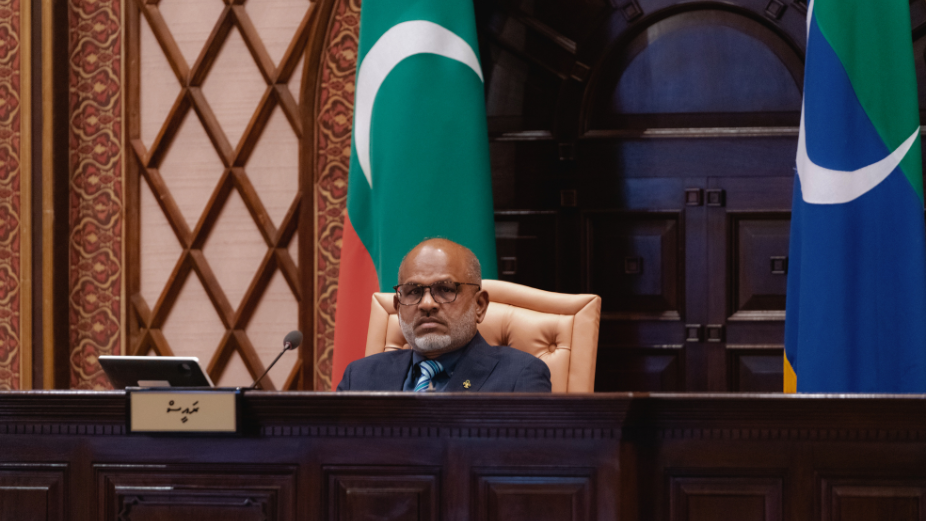
Deputy Speaker of Parliament and MP for Dhiggaru, Ahmed Nazim, has raised allegations of persistent corruption within State-Owned Enterprises (SOEs), despite significant government spending on these entities. Speaking during a parliamentary debate on the proposed State Budget 2025, Nazim claimed that MVR 940 million has been allocated to SOEs this year, yet there are no visible signs of improvement or reform.
Nazim expressed frustration over the lack of progress in tackling corruption within these enterprises, noting that similar allegations reported in the past continue to resurface. “Government companies have not stopped bleeding; it is a major wound that continues to bleed,” he stated, urging the Minister of Finance to take decisive action.
Calls for Overhaul of SOE Oversight
During his address, Nazim criticised the current oversight by the Privatisation and Corporatisation Board, which manages SOEs. He proposed that this board should be dissolved and that these companies should instead fall directly under the purview of the Ministry of Finance. He argued that only with such a change could meaningful reforms be initiated within the sector.
Nazim emphasised that the Minister of Finance must take a more proactive role in addressing corruption and inefficiencies within SOEs to ensure better financial accountability.
Allegations of Corruption in Healthcare Sector
The Deputy Speaker specifically highlighted the healthcare sector as an area where corruption is allegedly ongoing, pointing to issues related to procurement agreements. As an example, he referenced a case in which Aasandha, the national health insurance scheme, spent MVR 24,000 per injection for a treatment. Upon further investigation, it was found that over 1,000 such injections were procured, totalling MVR 24 million, despite the actual market price of each injection being far lower, reportedly not exceeding MVR 5,000.
Nazim criticised the practice of frequently changing hospital equipment brands with each change of administration, suggesting that such practices contribute to financial mismanagement. He argued that these issues reflect significant financial leakages within the healthcare sector.
Concerns Over Foreign Agreements
Nazim also raised concerns regarding agreements between Aasandha and foreign hospitals, claiming that intermediaries are involved in these deals, leading to exorbitant costs for treatments. He urged the government to discontinue such agreements if it is found that certain parties are unduly profiting at the expense of the state.
The Deputy Speaker’s remarks have sparked renewed calls for accountability within state-owned enterprises, as well as for a thorough review of current healthcare agreements to prevent further misuse of public funds.












